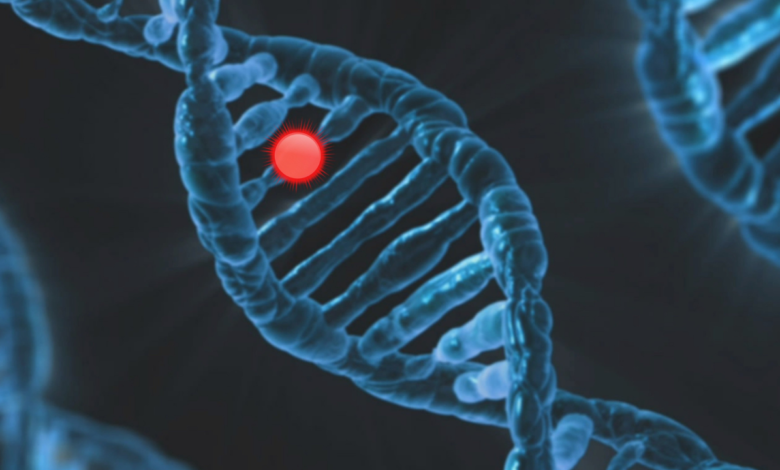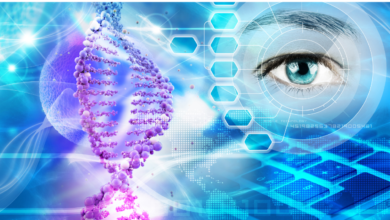200+ Genes Queries
What is a mutation, and how can it cause genetic diseases?

A mutation is a change in the DNA sequence. Mutations can occur spontaneously or be caused by environmental factors like radiation or chemicals. Mutations can lead to genetic diseases by:
- Altering the protein structure: A mutation can change the amino acid sequence of a protein, affecting its function.
- Changing the amount of protein: A mutation can affect the production of a protein, leading to too much or too little of the protein.
- Disrupting gene regulation: Mutations can interfere with the control of gene expression, leading to abnormal levels of protein production.





